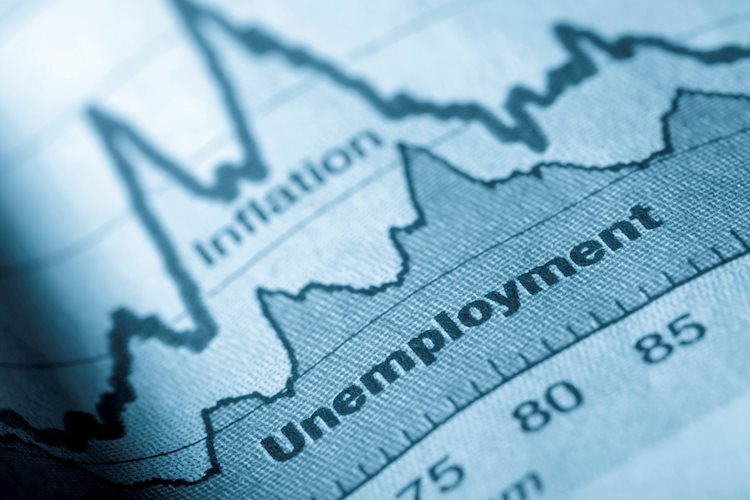We are in the midst of a period of extremely high growth, with both monetary and fiscal policy settings being relatively permissive, and this appears to be the case. I believe we can learn three lessons from this uncommon combination of economic transformation and still-accommodative monetary policy. This uncommon combination of economic transformation and still generally accommodative economic policy, according to Christian Nolting, Global Chief Investment Officer at Deutsche Bank International Private Bank, can yield three points.
“This circumstance will open up significant new investment opportunities while also posing a lot of concerns. Growth-related stresses are a normal part of any recovery, but portfolios must be able to withstand them. The risks of’market exuberance’ and possible asset class bubbles bolster the rationale for sophisticated risk management in portfolios.”
“While some growth issues will be transient, others will have a long-term impact on the economy. Many of these developments predate the epidemic (for example, digitalization and rising debt levels), but they have hastened it; others (for example, demographics) have different drivers. Such shifts must be accounted for in investment plans. The ten areas of change visualized inside a triangle of technology, demographics, and sustainability are the focus of our core investment themes.”
“As investors, we must continue to be imaginative and open to new ideas. With the growing popularity of ESG investing, investors’ perceptions of investment potential and risk have shifted. Infrastructure investment, for example, is increasingly being evaluated in terms of ESG life-cycle impacts. As governments strive for net-zero emissions, carbon pricing is having a much larger impact on investment. Even if the current economic challenges diminish, all of this will have long-term implications for how we all assess and respond to the investment environment ahead.”
Continue reading





